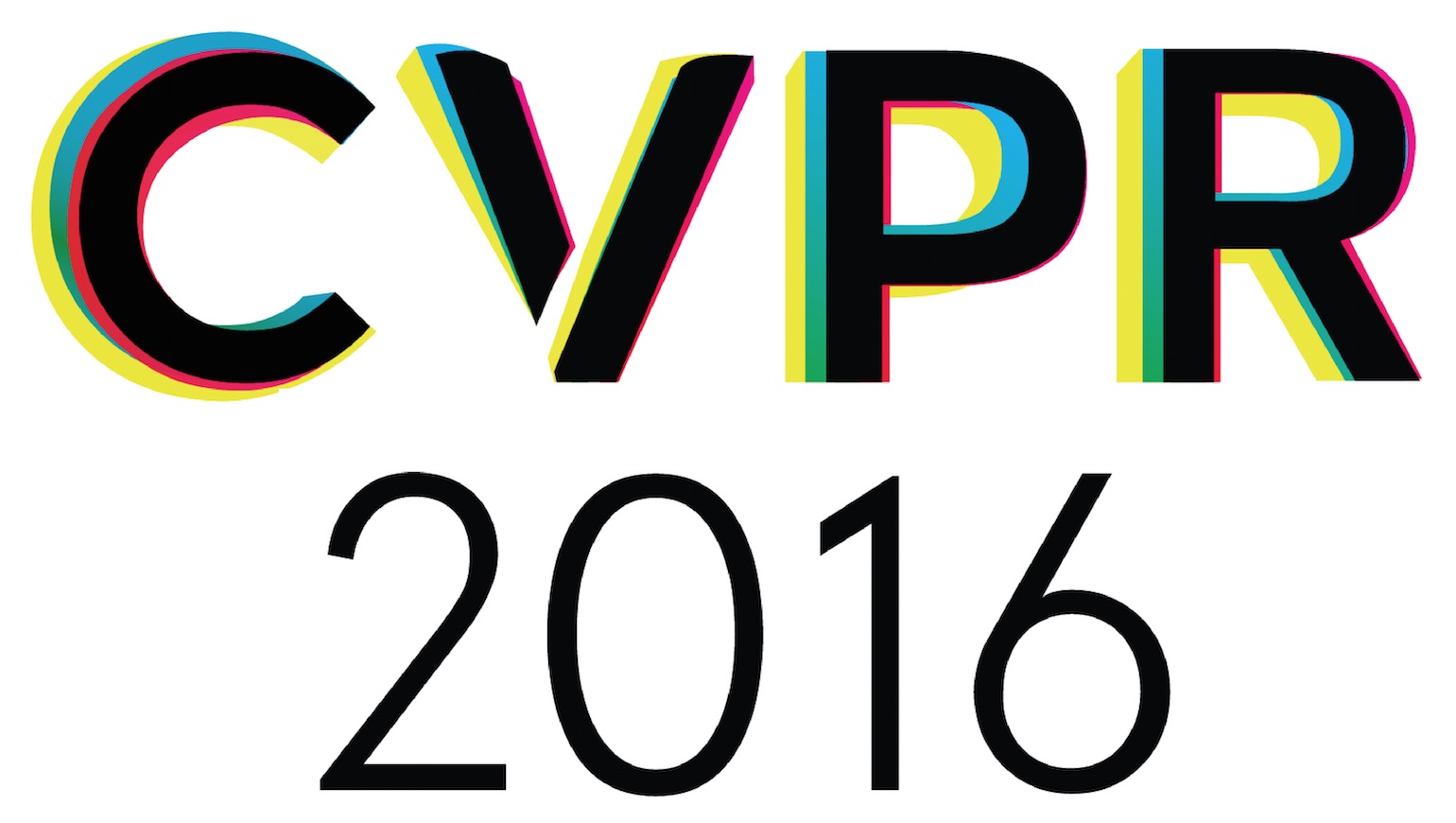-
What Do You Do When You Know That You Don't Know?
AbstractReal-world biometrics recognition problems often have two unknowns: the person be recognized, as well as a hidden unknown - missing data. If we choose to ignore data that is occasionally missing, we sacrifice accuracy. In this paper, we present a novel technique to address the problem of handling missing data in biometrics systems without having to make implicit assumptions on the distribution of the underlying data. We introduce the concept of "operational adaptation" for biometric systems and formalize the problem. We present a solution for handling missing data based on refactoring on Support Vector Machines for large scale face recognition tasks. We also develop a general approach to estimating SVM refactoring risk. We present experiments on large-scale face recognition based on describable visual attributes on LFW dataset. Our approach consistently outperforms state-of-the-art methods designed to handle missing data.
Related Material
[pdf][bibtex]@InProceedings{Bendale_2016_CVPR_Workshops,
author = {Bendale, Abhijit and Boult, Terrance E.},
title = {What Do You Do When You Know That You Don't Know?},
booktitle = {Proceedings of the IEEE Conference on Computer Vision and Pattern Recognition (CVPR) Workshops},
month = {June},
year = {2016}
}
These CVPR 2016 workshop papers are the Open Access versions, provided by the Computer Vision Foundation.
Except for the watermark, they are identical to the accepted versions; the final published version of the proceedings is available on IEEE Xplore.
Except for the watermark, they are identical to the accepted versions; the final published version of the proceedings is available on IEEE Xplore.
This material is presented to ensure timely dissemination of scholarly and technical work.
Copyright and all rights therein are retained by authors or by other copyright holders.
All persons copying this information are expected to adhere to the terms and constraints invoked by each author's copyright.

